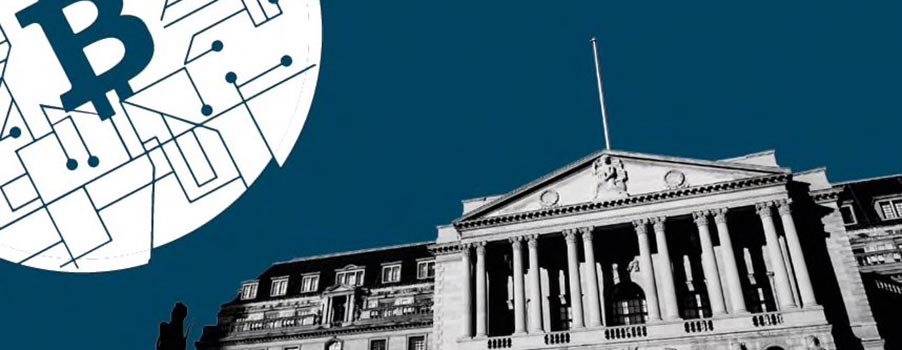The Bank of England has issued a warning stating that bitcoin is headed towards a regulatory crackdown – it also pointed out that “inherently risky” cryptocurrencies are failing to fulfil their most basic function as a store of value. The banks’ governor, Governor Mark Carney, in a speech and interview that were held on Friday, tore into bitcoin. In his words, the world’s most popular decentralized digital currency is on the verge of a “pretty brutal reckoning.”
His remarks extended beyond bitcoin as an individual asset and included cryptocurrencies as a whole, which he also thinks have “all the hallmarks of a bubble. And normally they end with a pretty brutal reckoning.” Carney’s most significant concern was however portrayed by his call to have the “anarchy” of cryptocurrencies being utilized as a medium of exchange for criminal activities brought to an end. He said that it was about time that relevant authorities worked towards a framework to “regulate elements of the crypto-asset ecosystem to combat illicit activities”.
There are already a number of efforts around the world that are geared towards bringing bitcoin under the control of governments and central banks especially due to the prevailing fears that bitcoin users are likely to lose their money due to market manipulation. On the same note, there have been even more efforts directed towards curbing the use of cryptocurrencies for criminal activities such as drug dealing, money laundering and even financing terrorism.
In the run to Christmas in 2017, bitcoin soared very close to the $20,000 mark before plunging back by more than half at the beginning of the year. It has however recovered to $11,000 but there is still a ton of uncertainty plaguing the digital currency.
“Authorities are rightly concerned that given their inefficiency and anonymity, one of the main reasons for their use is to shield illicit activities. This cannot be condoned. Anarchy may reign on the dark web, but in the UK it’s just a song that your parents used to listen to,” Carney said in the speech.
Will Everything Be Put Under Scrutiny?
Staunch believers in the bitcoin dream have maintained that the underlying technology of most, if not all, cryptocurrencies will certainly revolutionize the existing financial systems and in the process make everyday payments not only cheaper but also easier than they seem to be at the moment.
Carney clarified on this particular issue saying that the bank would still study, explicitly, the use of the distributed ledger technology that powers cryptocurrencies. He concluded that, as much as cryptocurrencies “do not appear to pose material risks to financial stability,” the situation is bound to shift as more people become aware of them.










